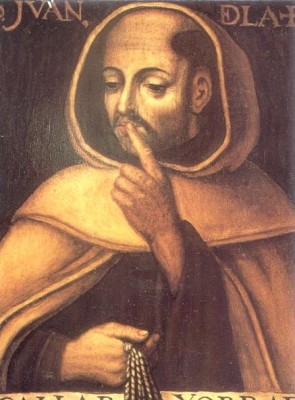Podcast: Play in new window | Download (Duration: 35:15 — 24.2MB) | Embed
Subscribe: Apple Podcasts | Spotify | Amazon Music | Android | Pandora | iHeartRadio | JioSaavn | Podchaser | Gaana | Podcast Index | Email | TuneIn | Deezer | Anghami | RSS | More
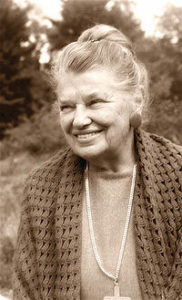 We discovered an incredible audio of a conference talk given in the late 70’s by the Baroness herself, Servant of God Catherine de Hueck Doherty. She is the co-founder of the Madonna House Apostolate and one of our absolute favorite authors. We dare you not to be moved by her words!
We discovered an incredible audio of a conference talk given in the late 70’s by the Baroness herself, Servant of God Catherine de Hueck Doherty. She is the co-founder of the Madonna House Apostolate and one of our absolute favorite authors. We dare you not to be moved by her words!
Reflection on Catherine’s talk by Deacon Omar Gutierrez:
Catherine de Hueck Doherty speaks with the kind of prophetic fire that one imagines would have poured from the mouth of Isaiah or out of the minds of the early Church fathers. Her spirit and message are as thoroughly Catholic as any you have ever heard. With the kind of salty swagger of a woman who knew what it was to live with the poorest of the poor, she understood intimately what it meant to live the social teaching of the Church. “Service without prayer,” she says, “is paternalism, social service work, something that the poor do not accept.” “In order to do what we must do, in order to be what we must be we have to pray.”
As she loudly asks why it is that our cities do not applaud and cry at the manifest love for the poor that should be there but isn’t, and demands that we pray for the souls of the owners of multi-million dollar corporations, and points out the “stupid” behavior of Church governors she can at the same time turn around and insist that we all have the faith of a St. Perpetua in order to renew the ancient Church. She demands that we pray for our priests who are manifestations of God’s love for us. “We don’t need psychiatrists from our priests. We don’t need counselors from our priests. We need priests to take us by the hand and lead us to sanctity.”

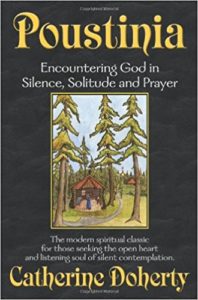

 CHAPTER VIII
CHAPTER VIII


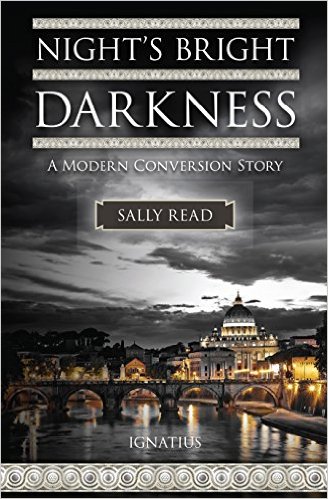

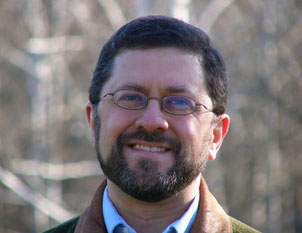
 Pick up a copy of Mke’s book. You’ll find so much more and invaluable references and resources, as well
Pick up a copy of Mke’s book. You’ll find so much more and invaluable references and resources, as well
